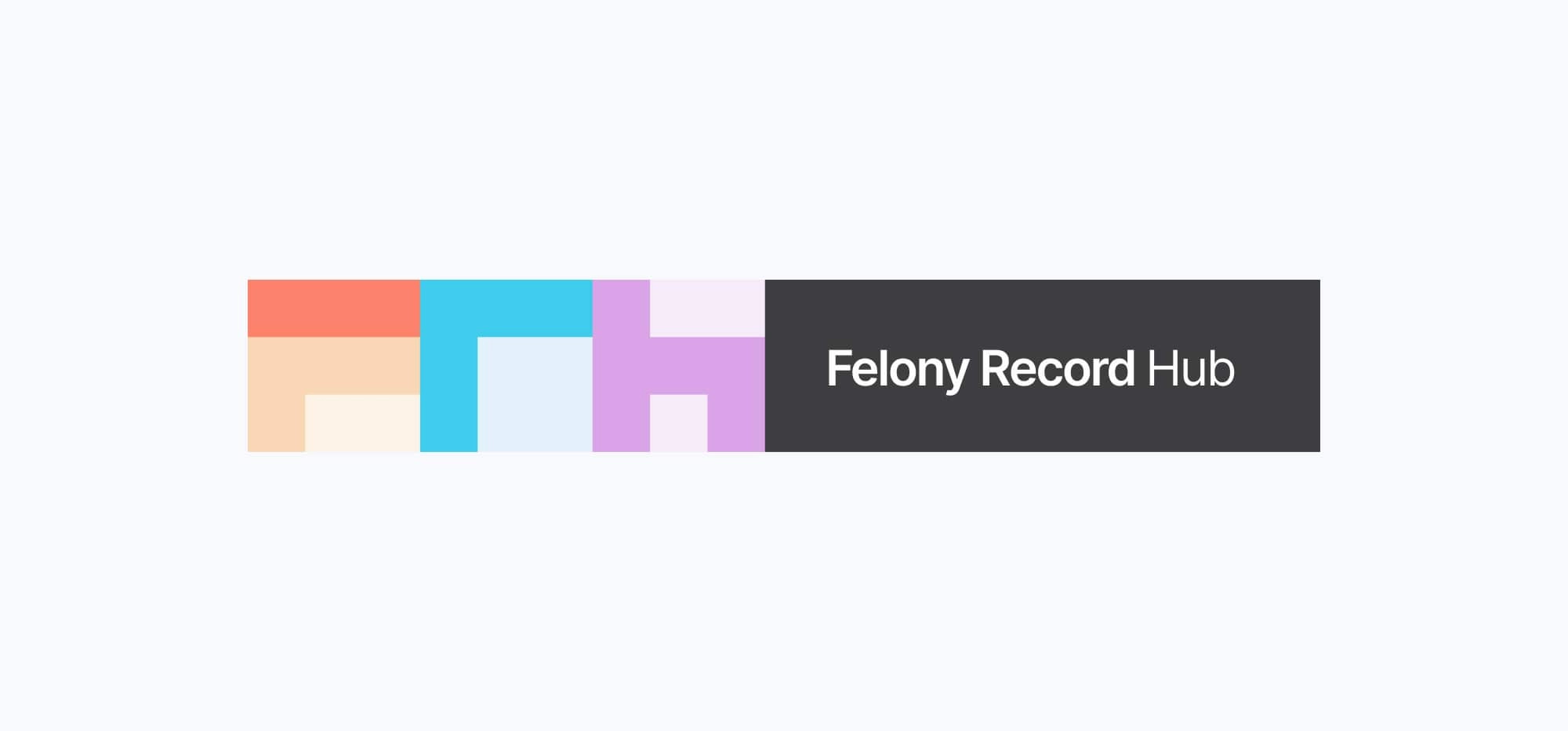Public assistance programs are designed to help low-income individuals and families in need by providing them with financial and material support, such as cash, food, health care, and housing. However, not everyone who is eligible for public assistance can access it. There are various rules and restrictions that limit or exclude certain groups of people from receiving public assistance, such as immigrants, students, or workers. One of the most controversial and contentious groups that face barriers to public assistance are people with a felony record.
A felony record can have lasting and negative consequences for a person’s life, such as affecting their employment, education, housing, voting, and civil rights. A felony record can also affect their eligibility and access to public assistance programs.
The impact of a felony record on public assistance programs varies depending on the type of program, the type of felony, the state of residence, and the individual circumstances of the person. However, some general trends and patterns can be observed:
- Temporary Assistance for Needy Families (TANF): TANF is a federal program that provides cash assistance and work support to low-income families with children. Under federal law, states are required to impose a lifetime ban on TANF benefits for anyone convicted of a drug-related felony after August 22, 1996. States can opt out of or modify this ban, and as of 2019, 25 states have done so. However, this means that 25 states still have a full or partial ban on TANF benefits for people with a drug-related felony conviction. Moreover, some states have additional restrictions or exclusions for people with other types of felony convictions, such as violent crimes, fraud, or sex offenses.
- Supplemental Nutrition Assistance Program (SNAP): SNAP is a federal program that provides nutrition assistance to low-income individuals and households. Under federal law, states are required to impose a lifetime ban on SNAP benefits for anyone convicted of a drug-related felony after August 22, 1996. States can opt out of or modify this ban, and as of 2019, 42 states have done so. However, this means that eight states still have a full or partial ban on SNAP benefits for people with a drug-related felony conviction. Moreover, some states have additional restrictions or exclusions for people with other types of felony convictions, such as violent crimes, fraud, or sex offenses.
- Medicaid: Medicaid is a federal-state program that provides health care coverage to low-income individuals and families. Under federal law, states are prohibited from denying Medicaid eligibility to anyone based on their criminal history. This means that people with a felony record can generally access Medicaid benefits as long as they meet the other eligibility requirements, such as income, residency, and citizenship status. However, there are some exceptions and limitations to this rule. For example, people who are incarcerated are not eligible for Medicaid benefits while in prison or jail. People who are released from prison or jail may face difficulties in enrolling or re-enrolling in Medicaid due to administrative barriers or lack of information. People who have outstanding warrants or parole violations may be subject to arrest or detention if they seek Medicaid services.
- Housing assistance: Housing assistance is a broad term that encompasses various federal, state, and local programs that provide affordable housing options to low-income individuals and families. These include programs such as public housing, Section 8 vouchers, and homeless shelters. Under federal law, states are required to deny housing assistance to anyone who is subject to a lifetime registration requirement under a state sex offender registration program. States are also required to deny housing assistance to anyone who has been convicted of producing methamphetamine on the premises of federally assisted housing. States have the discretion to deny housing assistance to anyone who has been evicted from federally assisted housing for drug-related criminal activity within the past three years. States also have the discretion to establish their own screening and admission policies for housing assistance applicants based on their criminal history. This means that people with a felony record may face various barriers or exclusions to accessing housing assistance, depending on the type of program, the type of felony, the state of residence, and the individual circumstances of the person.
These are some of the main public assistance programs that people with a felony record may encounter and their impact on their eligibility and access. However, other public assistance programs may also be affected by a felony record, such as unemployment insurance, disability benefits, veterans benefits, etc. The impact of a felony record on these programs may vary depending on the specific rules and regulations of each program.
The impact of a felony record on public assistance programs is not only a matter of legal or administrative rules. It is also a matter of social and economic consequences. People with a felony record who are denied or excluded from public assistance programs may face increased hardship, poverty, instability, and vulnerability. They may also face an increased risk of recidivism, as they may resort to crime to meet their basic needs or cope with their stress. Moreover, people with a felony record who are denied or excluded from public assistance programs may face reduced opportunities for rehabilitation, reintegration, and recovery. They may also face reduced incentives for compliance, cooperation, and change.

Conclusion
In conclusion, the intersection of public assistance programs and individuals with a felony record is a complex issue. Legal, administrative, and social factors intertwine to create a system where individuals with felony records face significant hurdles when trying to access essential aid such as cash benefits, nutritional assistance, healthcare, and housing. This inability to access public assistance can exacerbate hardship and instability, heighten vulnerability, and risk perpetuating a cycle of crime.
As such, the broader implications reach beyond these individuals, impacting societal rehabilitation, reintegration efforts, and overall social welfare. Future policy considerations should strive to balance public safety and the need to provide support to individuals seeking to reenter society after a felony conviction, as it may lead to a reduction in recidivism and enhanced opportunities for societal contribution.
So what do you think about this blog post Understanding the Impact of a Felony Record on Public Assistance Programs? Have you or someone you know been in that situation? What was that like and what happened? Please tell us in the comments below.







